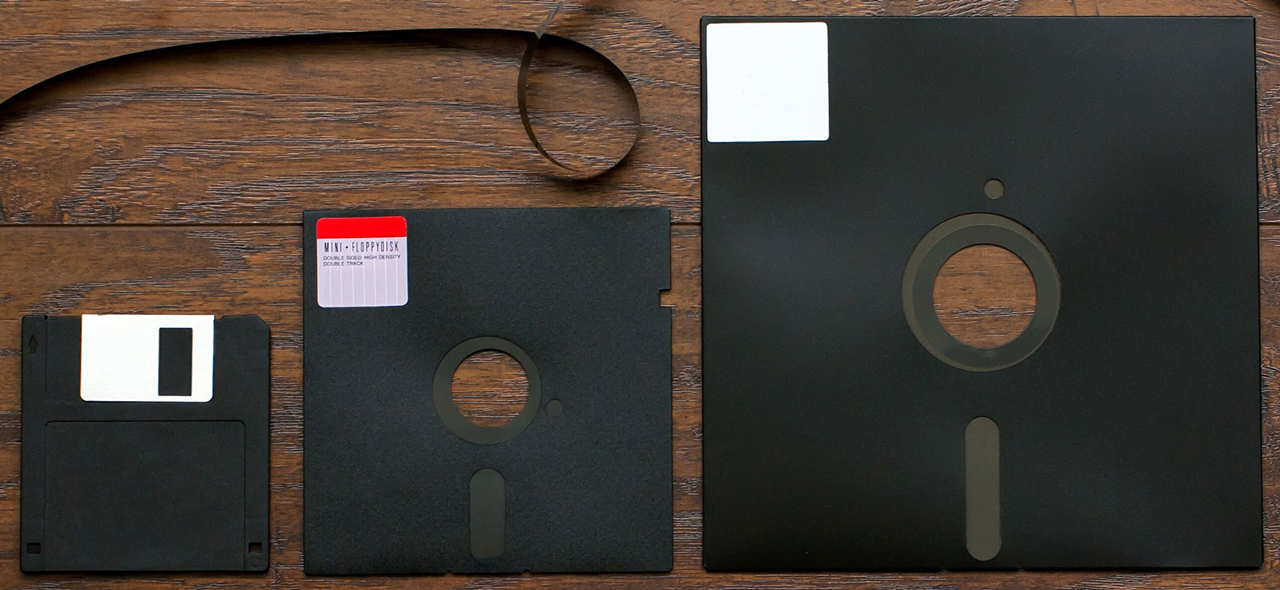The German Navy aims to replace the 8-inch floppy disk system used on its F123 anti-submarine frigates with a storage emulation system.
Floppy disks, a popular storage technology of the last century, are rapidly exiting the stage of history. At least in most business and consumer areas, floppy disks have lost their market due to their extremely low storage capacity and the need for specialized reading devices.
However, as previously mentioned by lan dian.news, the Boeing 747 still uses eight 3.5-inch floppy disks to update its navigation data, indicating that floppy disks are still in use in some older equipment, including the German Navy's F123 anti-submarine frigates.
The F123 is an anti-submarine frigate that entered service with the German Navy in the mid-1990s. It is primarily used for anti-submarine warfare but also capable of air defense, tactical command of naval formations, and surface combat.
Given its service entry time, the use of floppy disks is somewhat normal, as floppy disks were a common and easily writable storage medium at that time, and this storage medium has been used by the German Navy for 30 years.
As floppy drives and the disks themselves gradually exit the market, maintenance and replacement have become increasingly difficult and costly. The German Navy has now started the tendering process to replace the floppy disk system. The data storage capacity of floppy disks is too small; the F123 needs to collect a large amount of data for navigation analysis and propulsion control, making the use of floppy disks a real hassle.
The main replacement for the floppy disk system is what's known as a storage emulation system. Storage emulation, similar to an emulator, uses modern mechanical hard drives or solid-state drives as support but emulates the operation of a floppy disk, providing the interface of a floppy disk system.
To the submarine systems, it still "feels" like a floppy disk system, but behind it, the ultra-large capacity storage array driven by mechanical hard drives and solid-state drives can reach TB levels, far beyond the reach of the common 1.44MB storage capacity floppy disks.
Using this storage emulation system has many benefits, such as faster read and write speeds, lower maintenance costs, and backward compatibility. In the future, the storage emulation system will hardly need significant upgrades to remain compatible with subsequent new storage facilities.
However, the German Navy is still in the tendering stage, and it's unclear which solution will ultimately be used to complete the upgrade, as there are other viable alternatives besides the storage emulation system.

